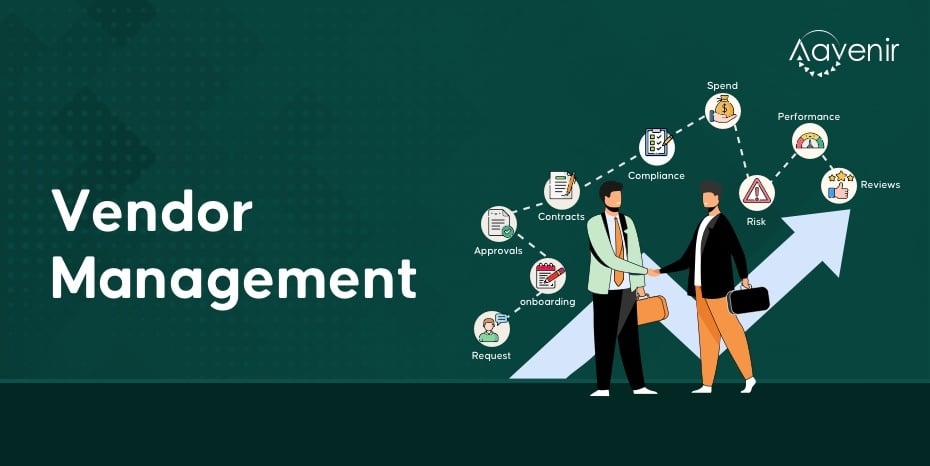What Is Vendor Management? Definition, Tips, and Process
Vendor management is a term that describes the processes organizations use to manage their suppliers, who are also known as vendors. Vendor management includes activities such as selecting vendors, negotiating contracts, controlling costs, reducing vendor-related risks, and ensuring service delivery.

Understanding Vendor Management
Vendor management is essential for several reasons. For one thing, vendor management plays a crucial role in selecting the right vendor for a particular business need. In addition, companies can use vendor management to achieve business goals, such as harnessing opportunities for cost savings and taking steps to speed up the onboarding process.
Vendors also need to be managed effectively to reduce the risk of supply chain disruption and ensure the goods and services provided are delivered on time and to the expected standard. Beyond this, an effective vendor management process can help companies build stronger relationships with their vendors, which may, in turn, lead to opportunities to negotiate better rates.
Vendor Management Benefits
- Improve vendor selection
- Harness cost savings
- Speed up vendor onboarding
- Reduce the risk of supply chain disruption
- Strengthen supplier relationships
- Negotiate better rates
Vendor Management Process
The vendor management process includes several different activities, such as:
- Selecting vendors: The vendor selection process includes researching and sourcing suitable vendors and seeking quotes via requests for quotation (RFQs) and requests for proposal (RFPs), as well as shortlisting and selecting vendors. While price will inevitably be a consideration during the selection process, companies will also need to evaluate other factors when deciding which vendors to appoint for a particular contract, such as a vendor’s reputation, capacity, track record, and ability to communicate effectively.
- Contract negotiation: It’s essential to get the contract right at the outset and ensure the agreed terms benefit both parties. Negotiating a contract can take time, and the process will include defining the goods or services that will be included, the start and end dates of the arrangements, and all essential terms and conditions. Attention may also need to be paid to areas such as confidentiality and non-compete clauses.
- Vendor onboarding: This will involve gathering the documentation and information needed to set the vendor up as an approved supplier to the company and ensure that the vendor can be paid for the goods or services they provide. As well as important contact and payment information, the onboarding process may also include information such as relevant licenses held by the vendor and tax forms and insurance details.
- Monitoring vendor performance: As part of the vendor management process, companies will monitor and evaluate the performance of their vendors. This may include evaluating their performance against key performance indicators (KPIs) such as quality and volume of goods or delivery dates.
- Monitoring and managing risk: Vendors should be monitored for hazards that could impact the company, such as compliance breaches, lawsuits, data security issues, and loss of intellectual property. Companies will also need to monitor the risk that a vendor’s actions or a failure to provide goods and services as agreed may disrupt the company’s operations.
- Payment: Ensuring vendors are paid on time for the goods and services they provide, in line with the agreed terms.
As well as the vendor management process, the term ‘vendor management’ may also refer to online tools like RFP Management Solution, which keeps all vendor information and related activities in one place for the organization’s reference. Vendor management or supplier management software can fulfill several functions, from managing the RFP process to streamlining supplier communications.
Explore Additional Resources to Know More
- What is Vendor Relationship Management?
- What is Supplier Performance Management?
- What is Vendor Network Management?

